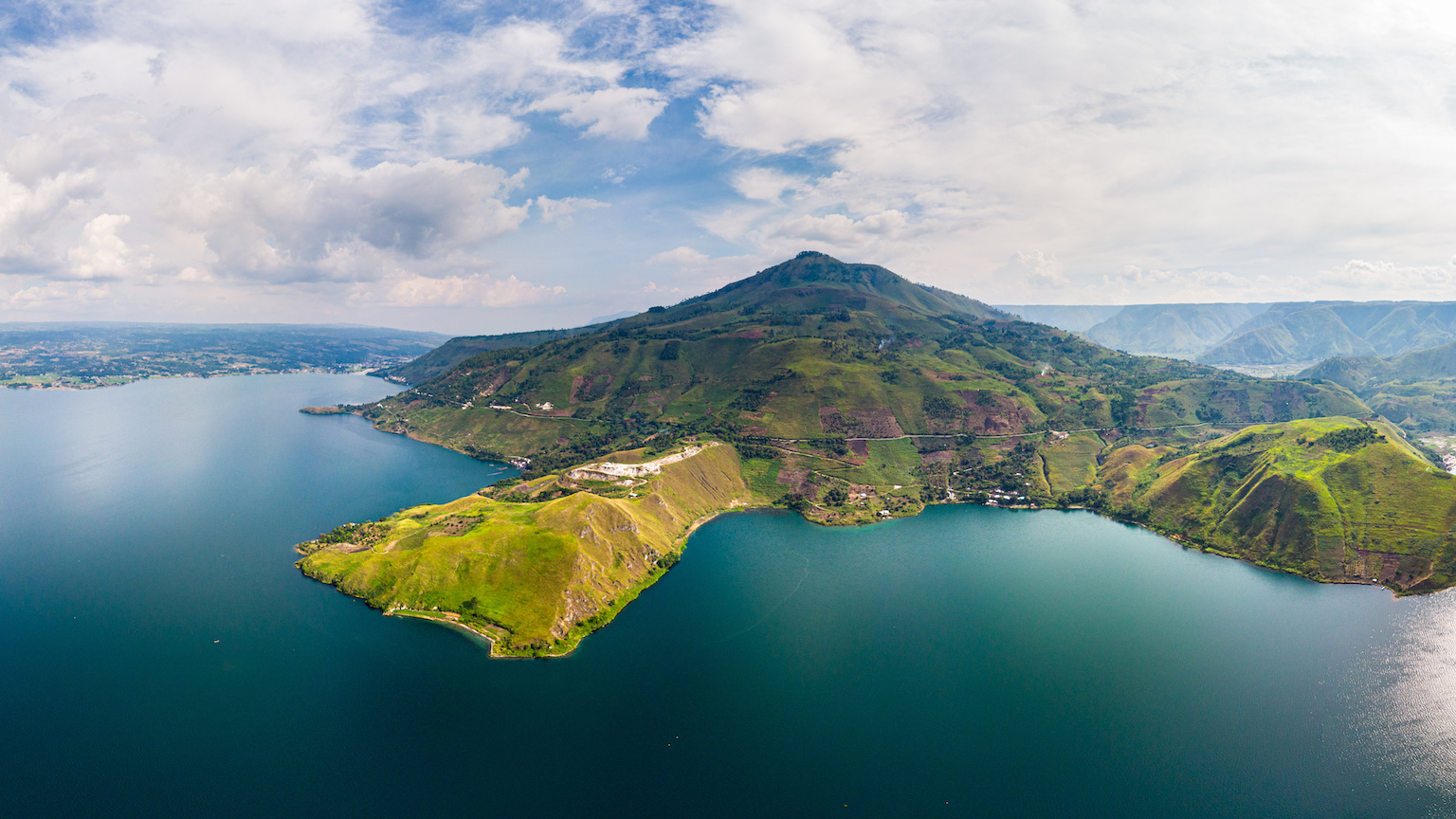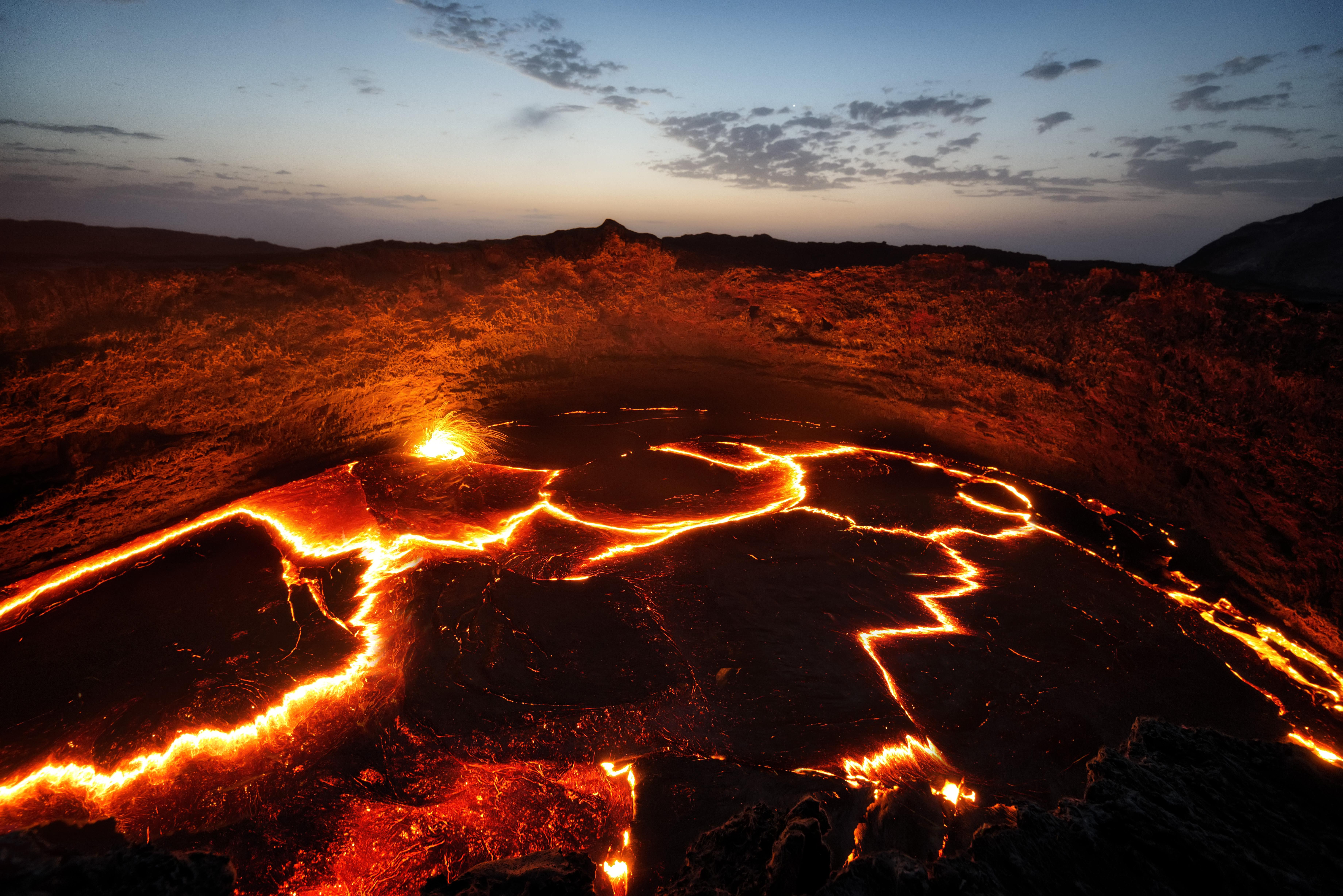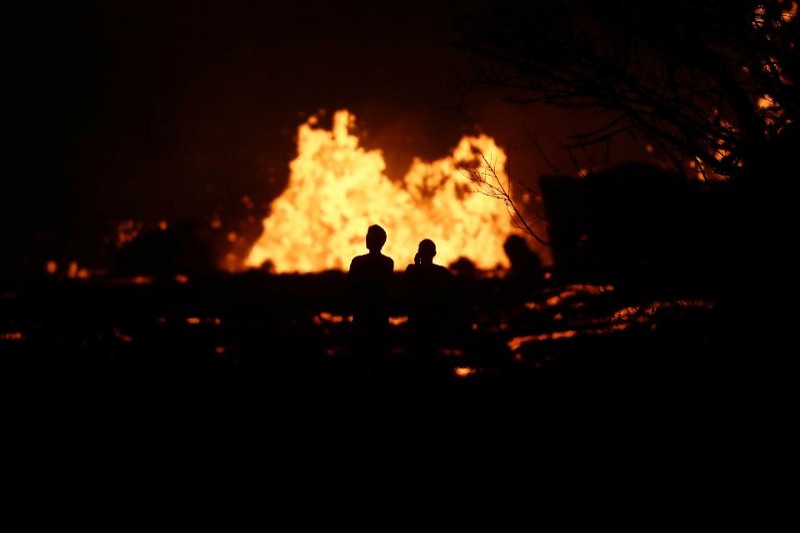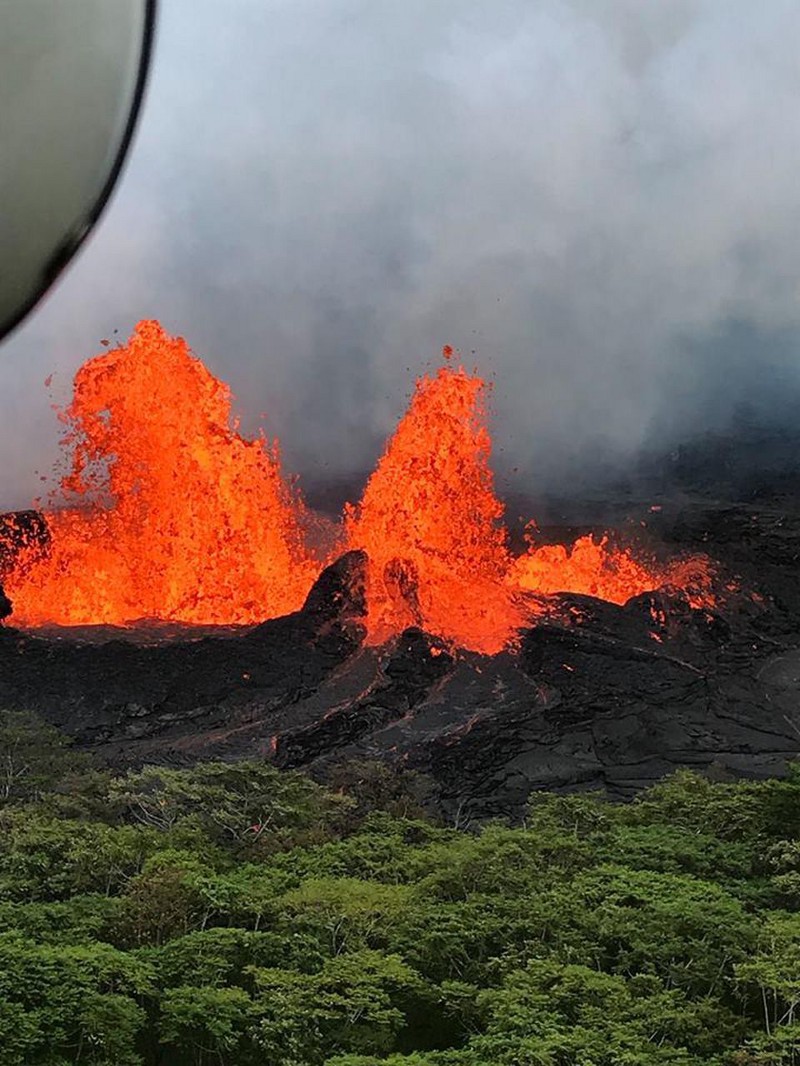Thursday Throwdown: Taal rumbles, real time Yellowstone, Ambrym’s lava lake and more!
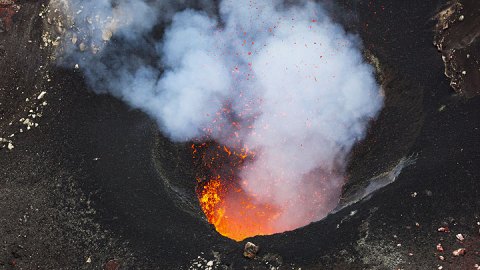
Try #3 on this post (let’s not get into it):
Taal and Mayon rumble: PHIVOLCS reports that two of the more hazardous volcanoes in the Philippines are experiencing increased seismicity: Taal and Mayon. Some of you may remember earlier this year when the alert status at Taal was raised due to fears that the caldera system might be reawakening. During September, Taal has had ~10 earthquakes/day, but over the last few days, that has increased to ~17 earthquakes/day. However, there is has been no changes in the thermal or fumarolic activity at the volcano, so PHIVOLCS does not think a change in alert status is warranted. No details were provided about the increased seismicity at Mayon, but the volcano did have a significant eruption at the end of 2009.
Real-time hot spring data for Yellowstone coming soon: The USGS announced today that a network of hot spring monitoring devices will soon stream real-time temperatures on some of the multitude of hot springs of the caldera. The first will be the hot springs of the Norris Geyser Basin that will go live in the next few weeks. Looks like you will all have something else to watch now, eh?
New GVP Report: Today saw a shiny new Weekly Volcanic Activity Report from our friends at the Smithsonian/USGS Global Volcanism Program. Lots of news in it from Indonesia, in particular. As I mentioned earlier this week, there were signs of increasing unrest at Karangetang. Well, I guess it was more than signs as the latest report mentions lava flows and strombolian activity at the volcano for much of September. This comes at the same time as increasing seismicity at Merapi and a lowering of the alert status at Sinabung from 4 to 3.
Shameless self-promotion: I’m not very good about calling attention to myself most of the time, but if you’re interested what I think about blogging and the future of geoblogging and citizen science, check out the post I wrote for the American Geophysical Union’sPlainspoken Scientist blog. I get into the Eyjafjallajokull eruption, how blogging fits into academics and talking science with the public.
The volcanoes of Buffalo: I know that when I mention volcanoes, the first thing that pops into your mind is upstate New York … OK, well, probably not. However, in the future, it very well might. The University of Buffalo is starting a new volcanic research station as part of the Center of Geohazard Studies. You can check out an interview with the director, Dr. Greg Valentine, where he talks about what sort of work will be done at the station and why they need 700 acres to house it.
Descending into Ambrym’s lava lake: Finally, you should definitely check out the video posted by James Reynolds about the active lava lake (well, really “boiling lava cauldron”) at Vanuatu’s Marum Crater on Ambrym volcano. James mentions that “the plan was to abseil into the pit to document the lava lake up close (myself and the expedition leader are documentary cameramen.) Unfortunately the 900m of rope and technical climbing equipment we had was still not sufficient to get to the bottom.” Yup, James and his colleagues did things that I always tell my students not to do in an actively-erupting volcano, but hey, for footage like that, someone is bound to do it, right?
Top left: A shot of spatter from one of the vents of Ambrym volcano. Click on the link to see the original version.
